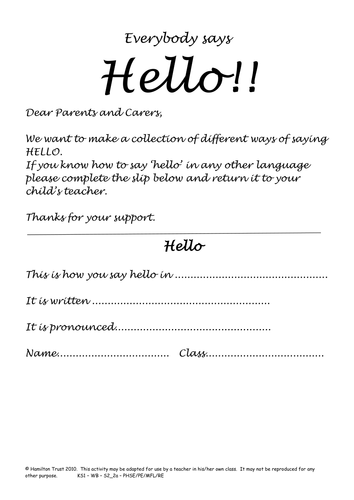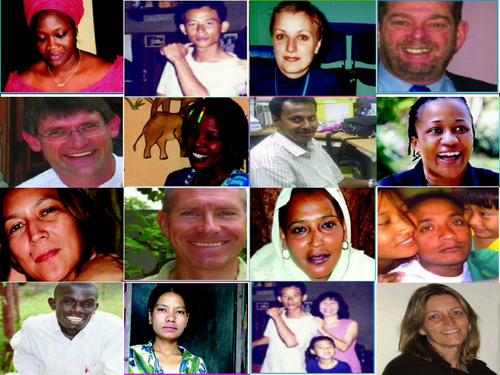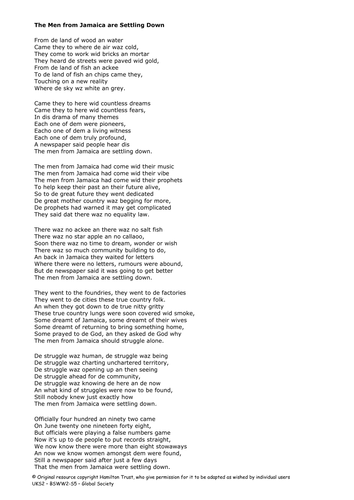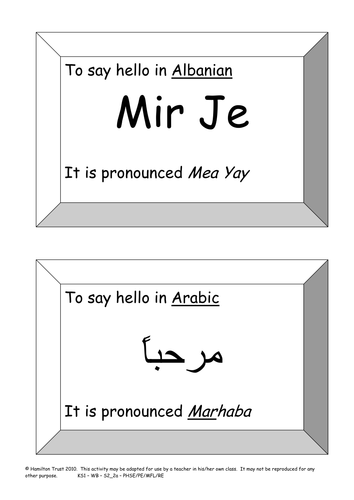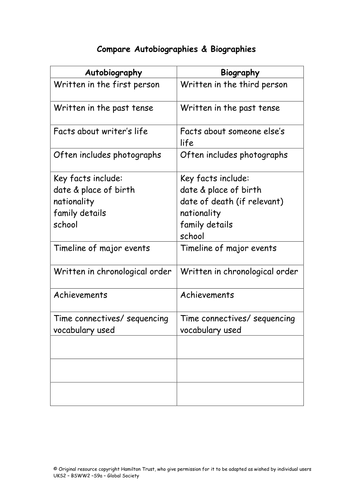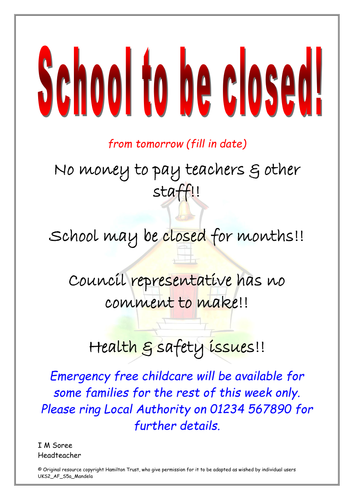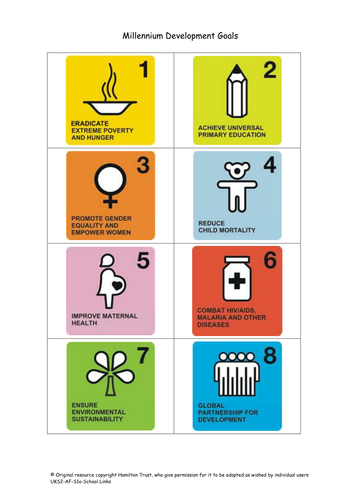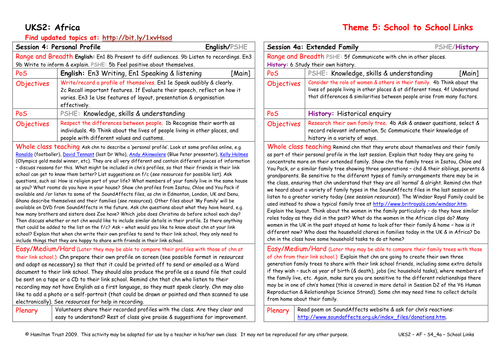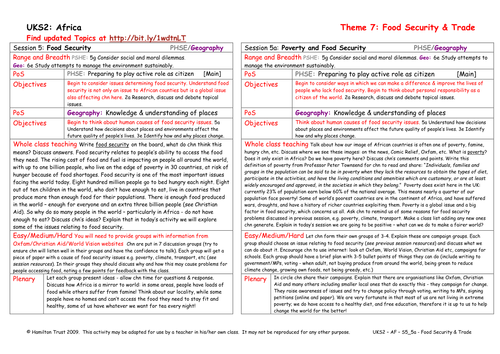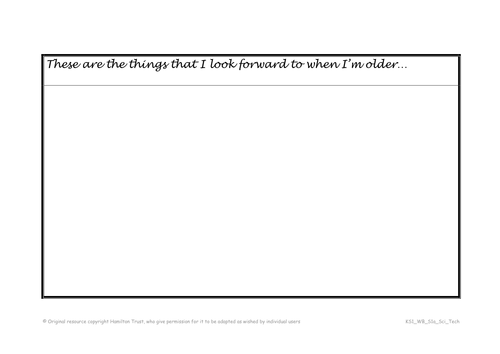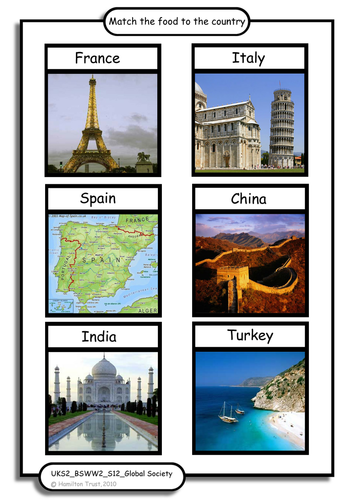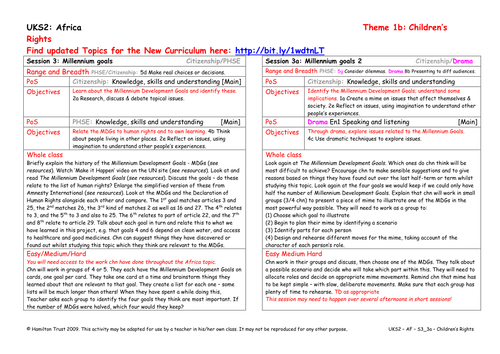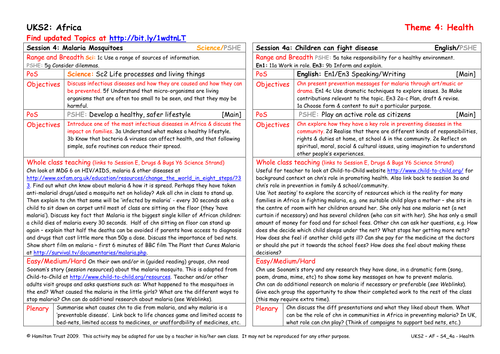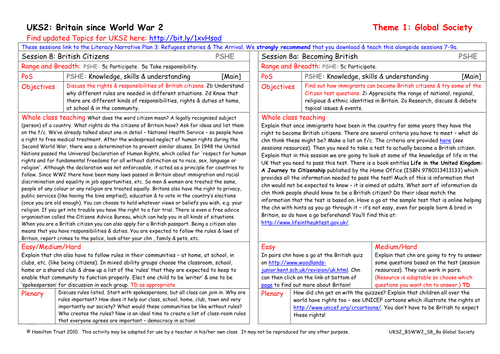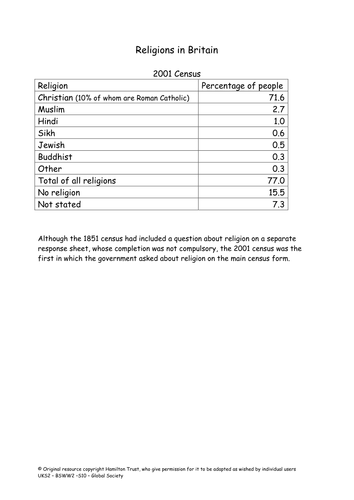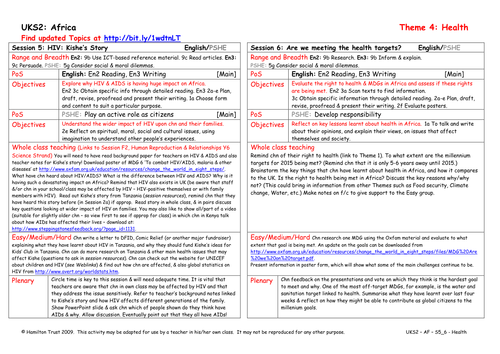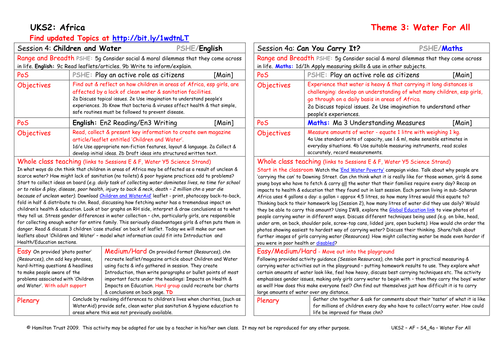
3k+Uploads
10009k+Views
11617k+Downloads
Citizenship

We All Say Hello
Play circle games to practice greeting each other confidently. How many ways do children know to say hello in a different language? Learn 3 new ways.

Apartheid
Examine the system of apartheid through a class role play activity. Introduce Nelson Mandela and discover what children already know about him. Children reflect on their own feelings during the role play. Start reading Journey to Jo’burg. Suitable for years 5 and 6.

HIV: Kishe’s Story
Return to MDG 6, and focus on HIV and AIDS. Children read a story of a young orphan, Kishe, and reflect on her life story and the wider impact of HIV across generations.
Suitable for years 5 and 6.

Notting Hill Carnival
Read Benjamin Zephaniah’s poem The Men from Jamaica are Settling Down. Discuss the treatment that migrants from the Caribbean received from some British people. Explain how this lead to riots and the first Notting Hill Carnival. Children design carnival costume.

Learning new ways to say Hello
Learn another circle game and then find out lots of different ways to say hello. Practice saying hello making good eye contact. Work as part of a group to make a ‘hello’ flag. Teach the new hello to the rest of the class.

Biographies
Discuss biographies and autobiographies and list the features of each showing diffs. Chn write a fact file or biography of one of well-known immigrants or descendants of immigrants identified in S10. Make class books for other children to read in school library.

Tumble Driers
Children find out how a tumble drier works, list the advantages and disadvantages of tumble driers and then have a debate about whether they are a good or bad thing!

Not In My Back Yard
Discuss a proposed plan for creating wind energy. They are given time to research and prepare for a debate ‘Should 7,000 wind turbines be placed in and around the UK?’ In teams they will put forward their views backed up with evidence to support their case.

The Right to Education
Through role play children consider for themselves the impact of no access to school.
They plan a poster campaign or write a persuasive letter to reopen their school. Links to Children’s Rights to Education.
Suitable for years 5 and 6.

Needs and Wants
Look (again) at the list of UN Children’s Rights. Discuss whether or not children feel they have all their rights and explain how various people and organisations can help achieve them if not. Learn some words and phrases in link school’s language (or Swahili).
Suitable for years 5 and 6.

Personal Profile
Use celebrity profiles to decide what children might include in their personal profile to introduce themselves to their link school friends. Listen to Ghanaian children describing themselves and their families. Prepare own profiles on screen or as recordings.

Food Security
Children begin to consider issues determining food security. This session helps them to understand that food security is not only an issue for African counties but is a global issue also affecting us here. Children work in groups to discuss different causes.

Who wants to grow up?
Children continue to explore how our bodies and minds change as we get older and how this might affect us in old age. They go on to explore their feelings and frustrations about wanting to be older.

Merging Cultures
Celebrate the diversity of British people! The cultures of immigrants from many countries who have come to Britain since WW2 have been merged with the pre-war British culture to provide a great variety of foods, music, clothes and dance. Explore and enjoy!

Millenium Goals 2
Decide which MDGs are the most difficult for us to achieve and why. In small groups children plan a mime to illustrate one of the goals in the most powerful possible way. Make banners for each MDG to display while presenting the mimes to a wider audience.
Suitable for years 5 and 6.
Find other lesson plans and resources at www.hamilton-trust.org.uk.

Children Can Fight Diseases
Children present through poetry, role play, song or dance, an action that can be taken to prevent malaria.
Suitable for years 5 and 6.

British Citizen
Find out what the rights and responsibilities of a British citizen are. Discuss why rules or laws have to be passed for communities to function properly. Children work in groups to list the ‘rules’ needed in their communities, e.g. home, town, school, clubs.

Multi-Faith Britain
One of the important changes in British society since WW2 has been the rise in numbers of people with different religious beliefs. Christianity remains the main religion. Investigate the main religions that are now practised in Britain and create display.

Are we meeting the health targets?
Reflect back on ‘Right to health and MDGs. Investigate how far children think their rights and the MDGs related to health are being met. Present a MDG in an interesting way.
Suitable for years 5 and 6.

Children and Water
Using an informative and clear leaflet downloaded from WaterAid, children read and discuss how children in parts of Africa are affected by lack of clean water and sanitation. Facts are collected before creating own posters and leaflets entitled ‘Children and Water’.
Suitable for years 5 and 6.

